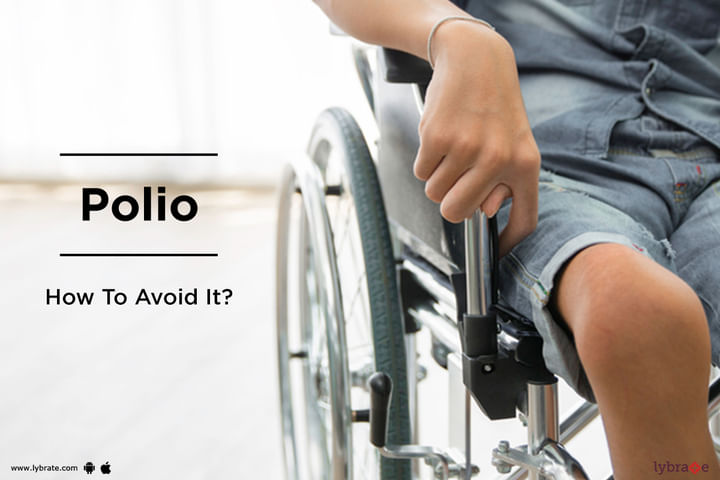Polio - How To Avoid It?
As a highly infectious virus, polio spreads through contact with infected faeces. Although rare, sometimes, the infection may transmit through a cough or sneeze since the virus resides in the intestines and the throat. During other times, objects placed near the infected faeces can transmit the virus.
People residing in areas that have poor or limited access to toilet hygiene and running water often contract poliovirus from contaminated drinking water. The virus is extremely contagious – anyone who comes in contact with an infected person can catch it too.
Risk Factors
As is the case with several other infectious diseases, polio patients tend to be some of the most vulnerable members of the population. The risk factors include –
-
Travelling to places where polio is widespread or endemic
-
Living with an infected person
-
Having a weak immune system
-
Pregnant women have a greater chance of contracting poliovirus – although the virus does not affect the foetus
-
Working in an environment – particularly a lab – where the poliovirus is kept
How to Prevent Polio?
The most effective way to prevent polio and eradicate the disease from its onset is to get vaccinated against the poliovirus. Two types of vaccinations are available for polio – Oral Poliovirus Vaccination or OPV, and Inactivated Poliovirus Vaccination (IPV).
As the name suggests, OPV is given in small doses by drops in the mouth. The vaccine is produced from a weakened form of poliovirus. This is a preferred choice of vaccination because it is easy to receive, and provides a boost to your immunity.
IPV is administered by a shot in the leg or in the arms. The vaccine consists of a set of injections starting 2 months following the birth of the child and continues until age 4-6 years. IPV is created from inactive poliovirus, hence the name. It is the most effective and safe vaccine for polio.
Other ways of limiting the transmission of the virus are –
-
Avoiding beverages and foods that may have been contaminated by a polio-infected person
-
Ensuring that your vaccinations are current
-
Ensuring that you receive the required booster dose of the vaccine
-
Frequently washing hands
-
Using a sanitizer if the soap is not available
-
Ensuring that you do not touch your mouth, nose, or eyes with infected hands
-
Covering your mouth when coughing or sneezing
-
Avoiding direct contact with sick people, for example – shaking hands, sharing utensils
In order to raise awareness and help fight the disease, several campaigns are organized on October 24, every year. The objective of these campaigns is to ensure that each infant or child receives immunization at the recommended intervals.



+1.svg)
